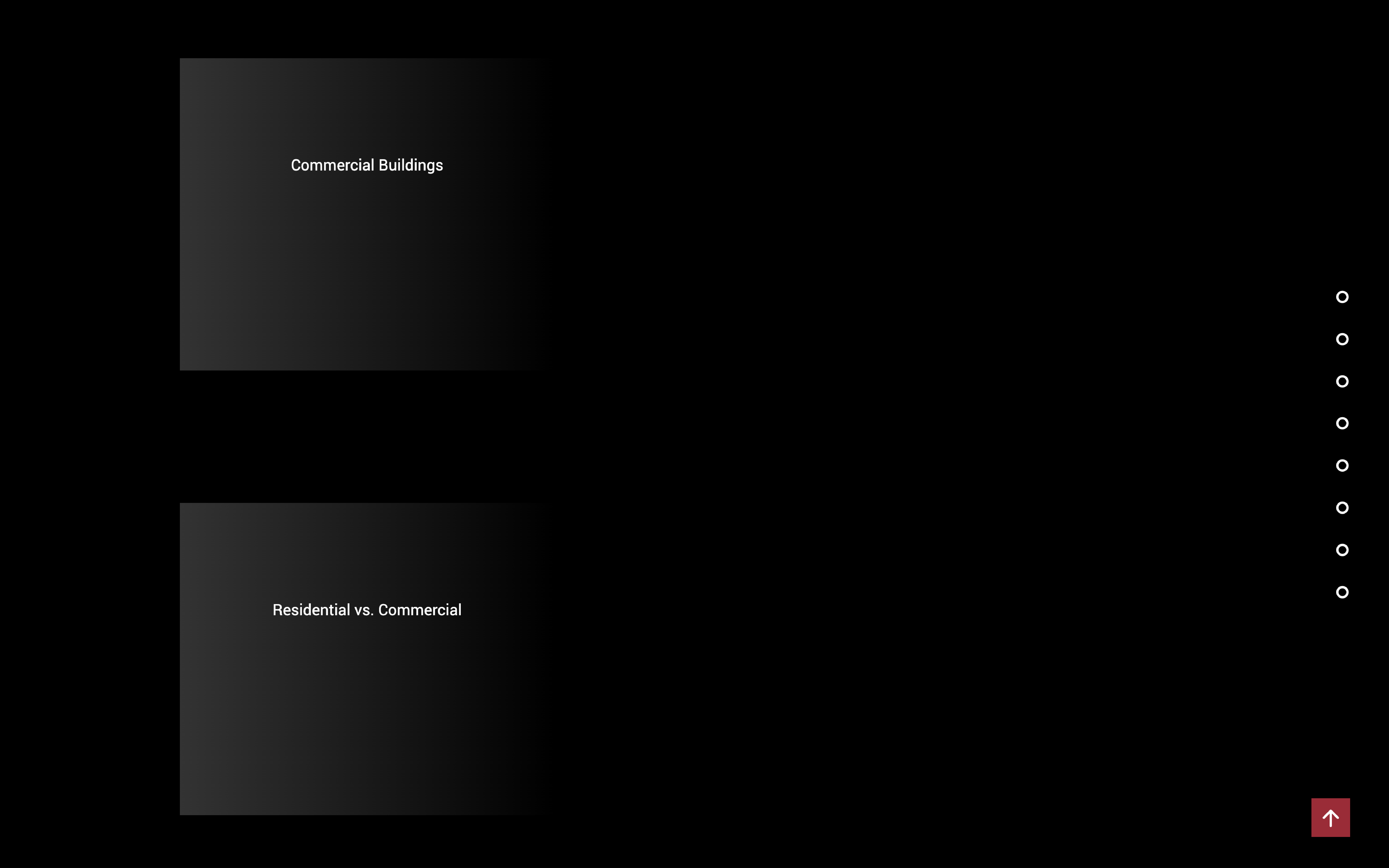Energy Crisis
Term
Course
Instructor
Partner
Program
Course
Instructor
Partner
Program
Fall Harvard SEAS (Paulson School of Engineering and Applied Sciences)
CS171 Visualization
Hanspeter Pfister (Instructor), Johanna Beyer (Head TF), Robert Roessler (TA)
Kritika Kharbanda, Aditi Memani
HTML, javascript, D3, CSS
CS171 Visualization
Hanspeter Pfister (Instructor), Johanna Beyer (Head TF), Robert Roessler (TA)
Kritika Kharbanda, Aditi Memani
HTML, javascript, D3, CSS
Energy Crisis is a project that aims to help viewers understand the residential energy consumption patterns in the US, based on the different climate zones, building types and internal building attributes (appliance type, lighting type, window type etc.). The goal of this project is to aid homeowners, developers, architects and policymakers make sustainable building decisions.
* The project was awarded as “Honorable Mention” and displayed at cs171 Hall of Fame
* Launch the site here (click me! )
* Learn more about the site here (click me!)
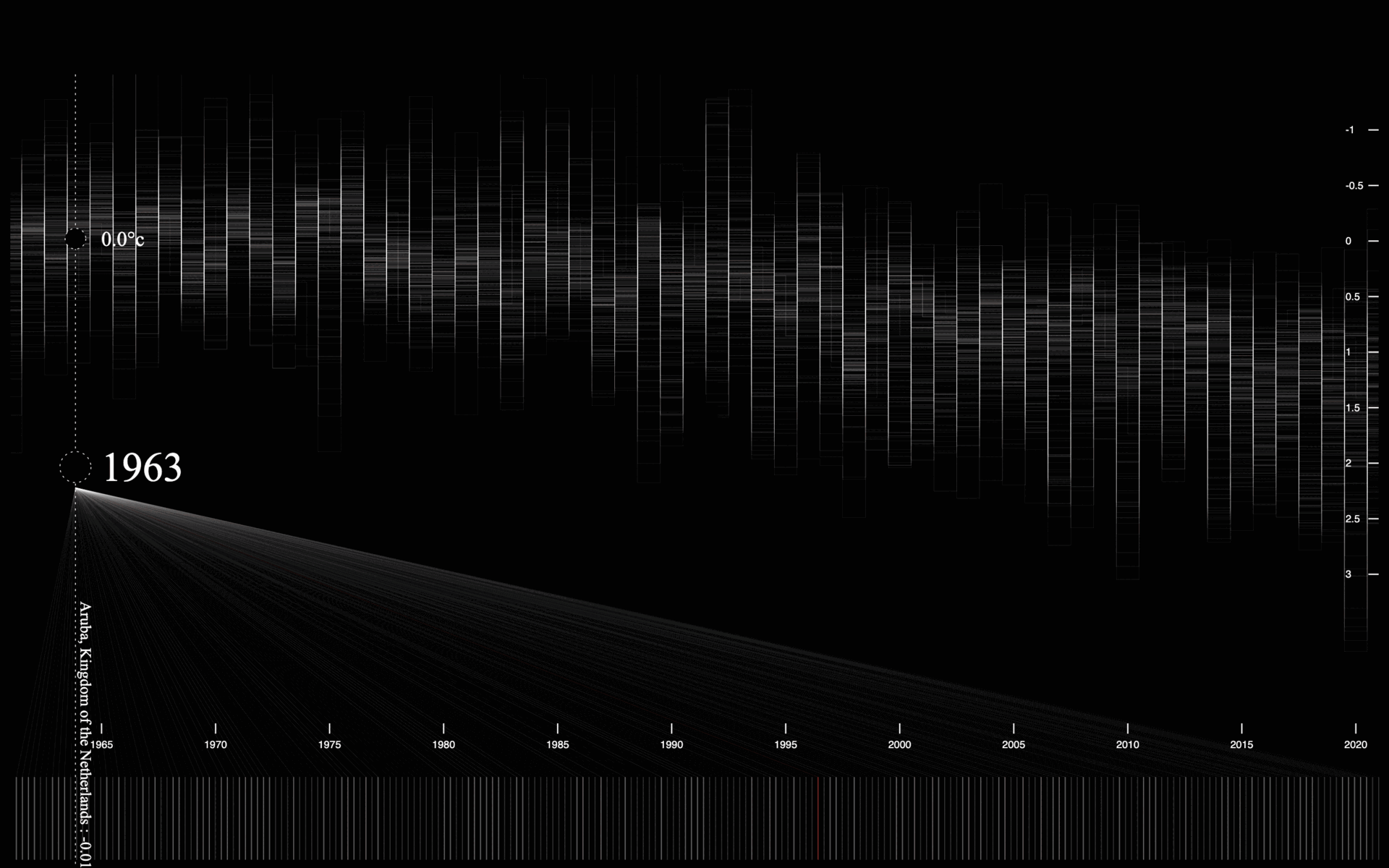
STEP ONE
Storyboard
We created a storyboard capturing the visual narrative and user experience flow of the website, ensuring a seamless journey for visitors.
Storyboard
We created a storyboard capturing the visual narrative and user experience flow of the website, ensuring a seamless journey for visitors.


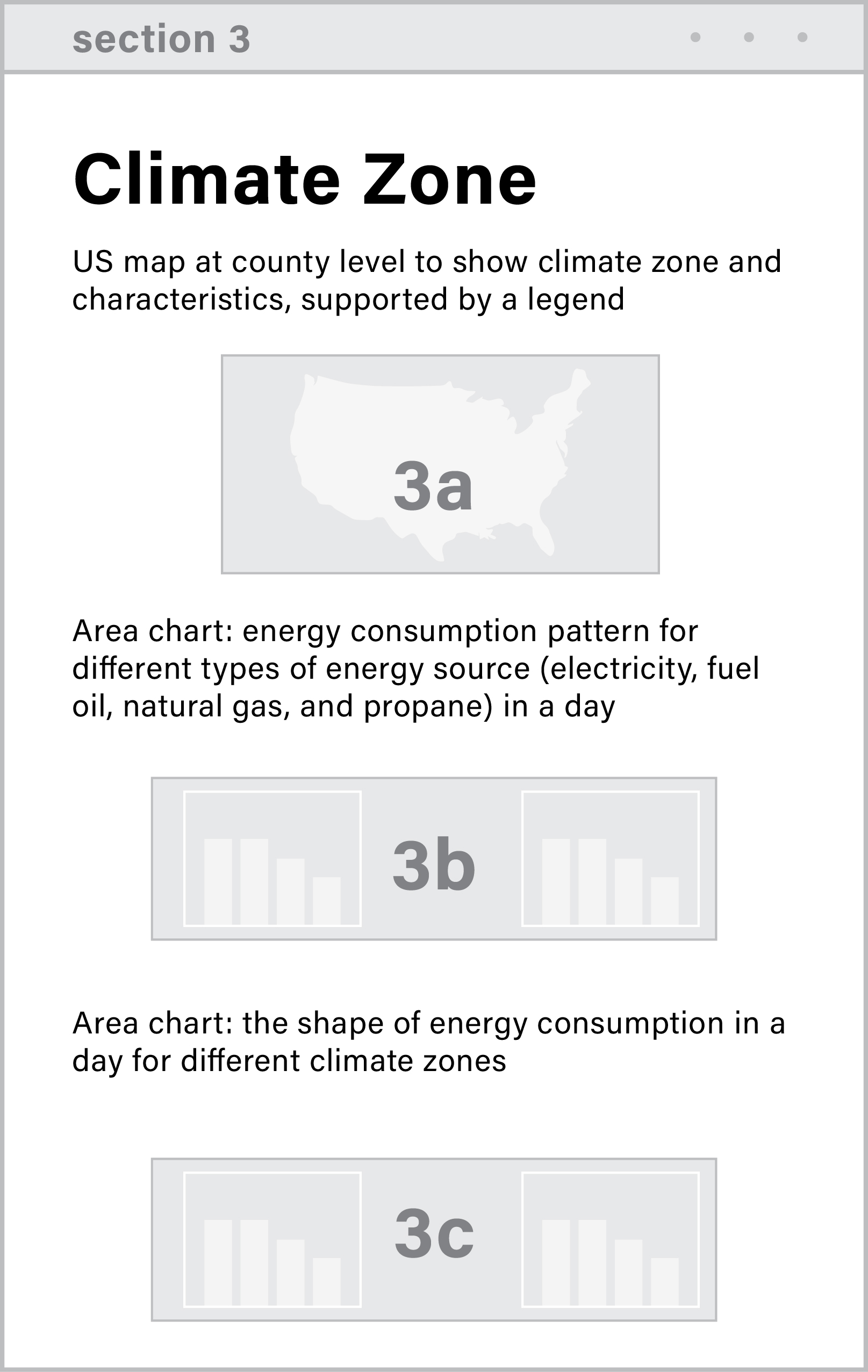

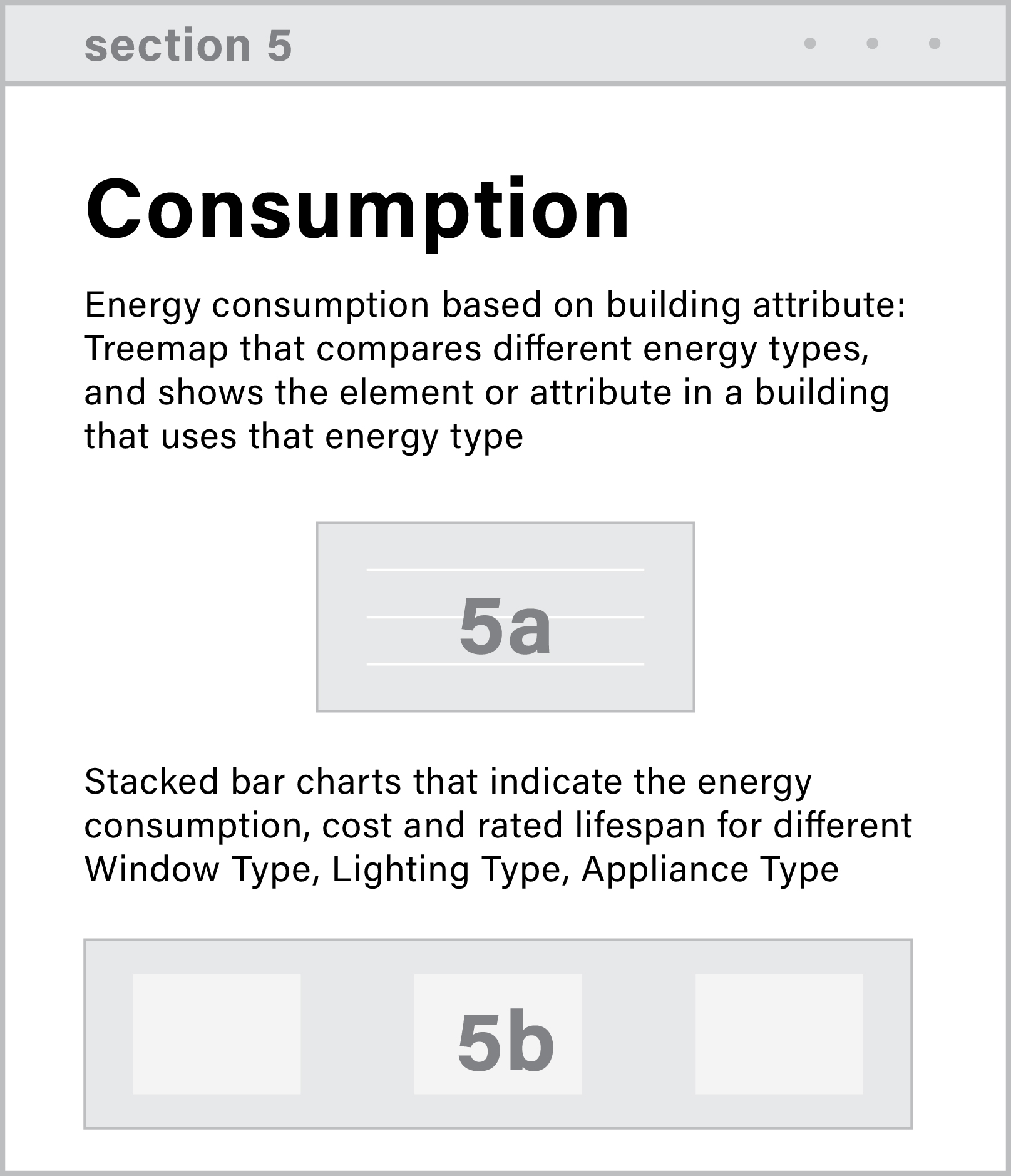
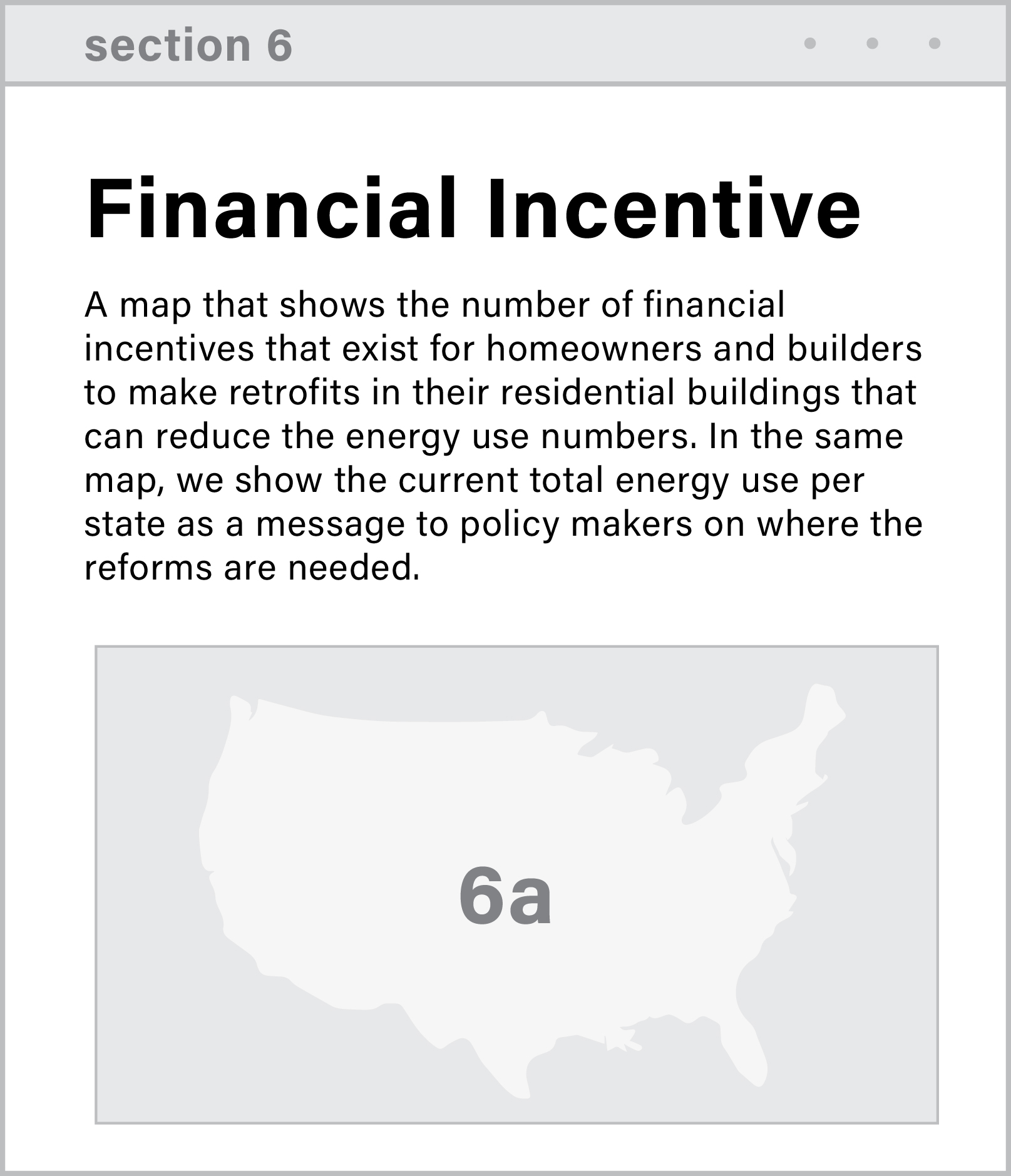
STEP TWO
Sketching Diagram
We sketched out initial diagrams to visualize how the data could be presented, laying the foundation for a cohesive and intuitive design on the website.
Sketching Diagram
We sketched out initial diagrams to visualize how the data could be presented, laying the foundation for a cohesive and intuitive design on the website.
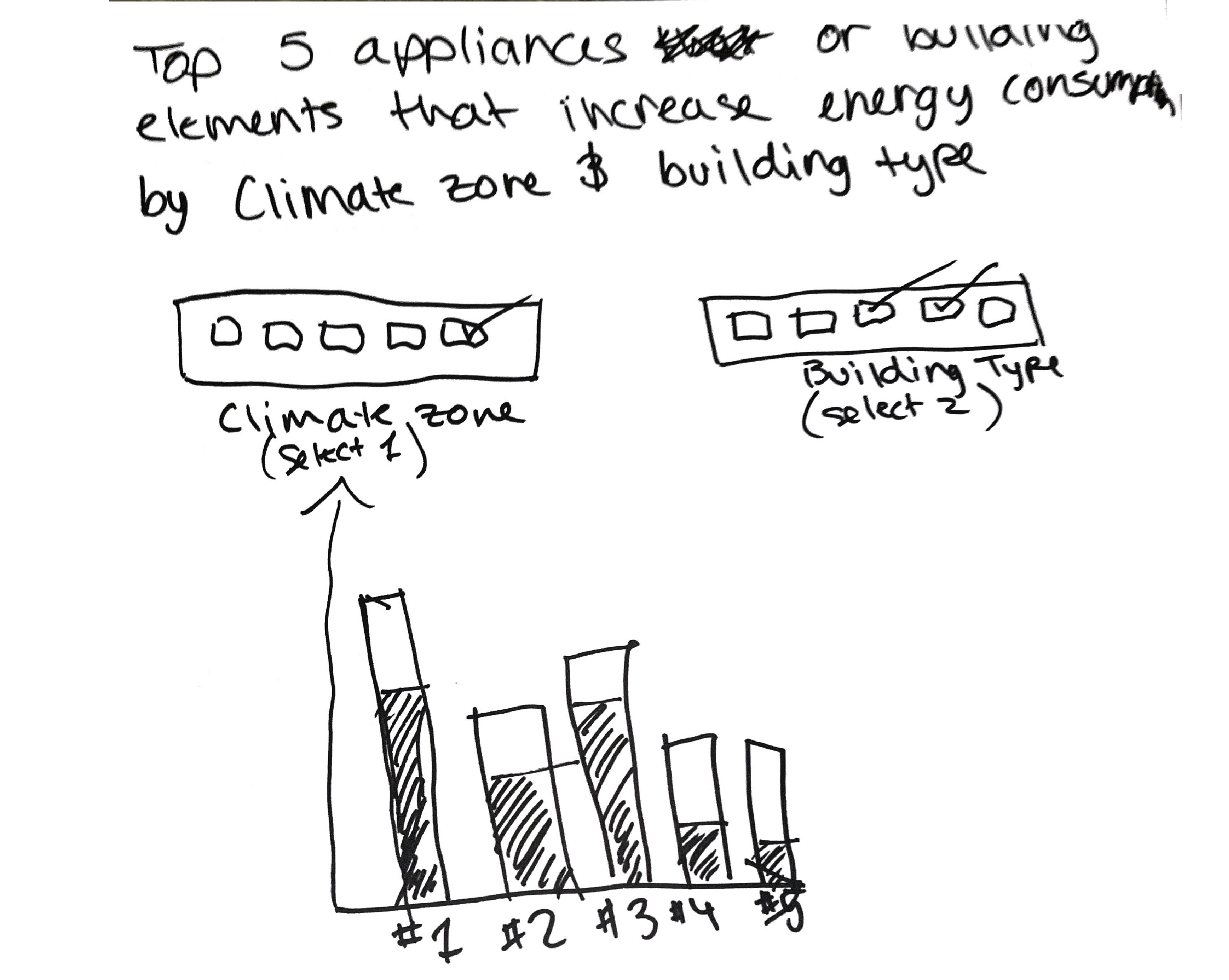

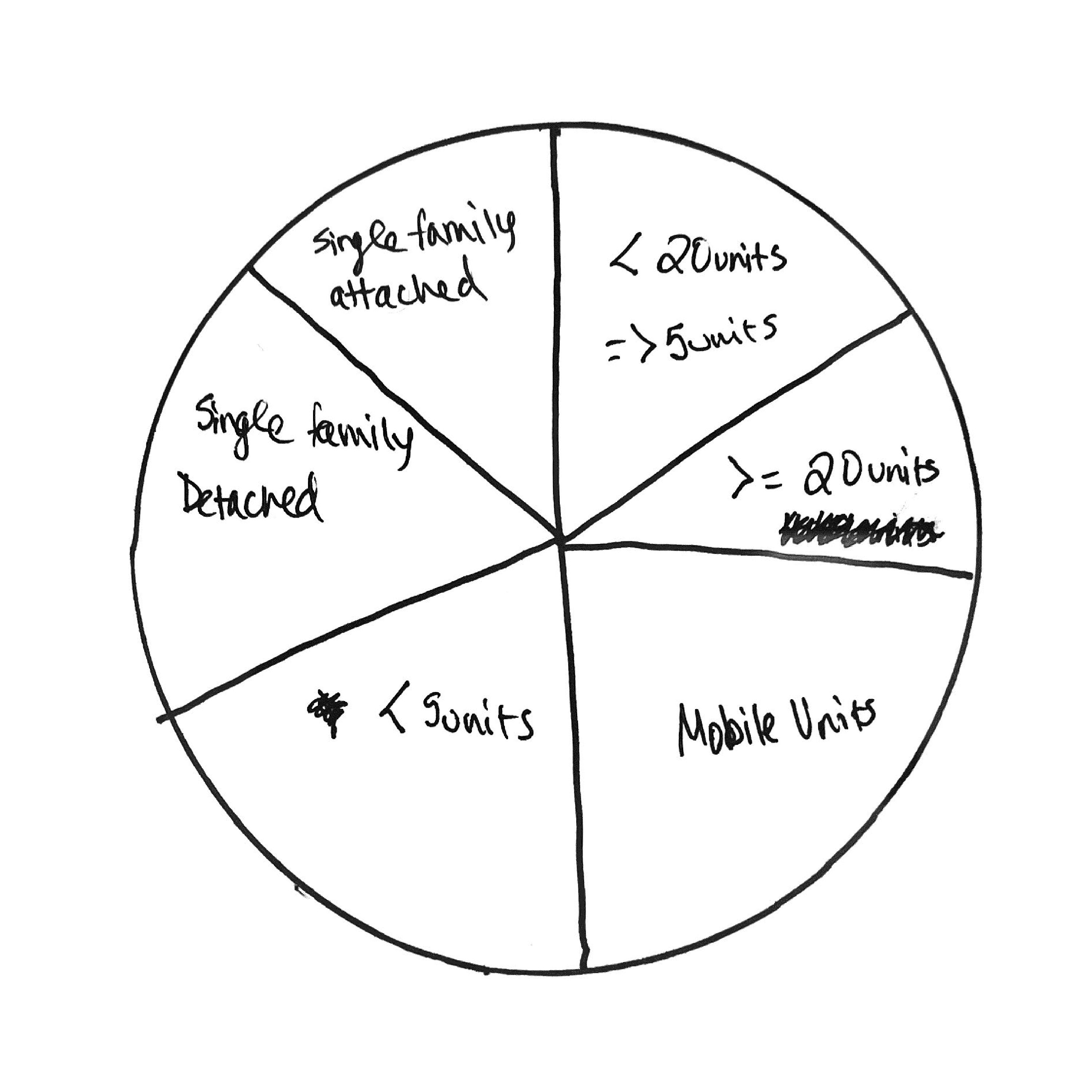

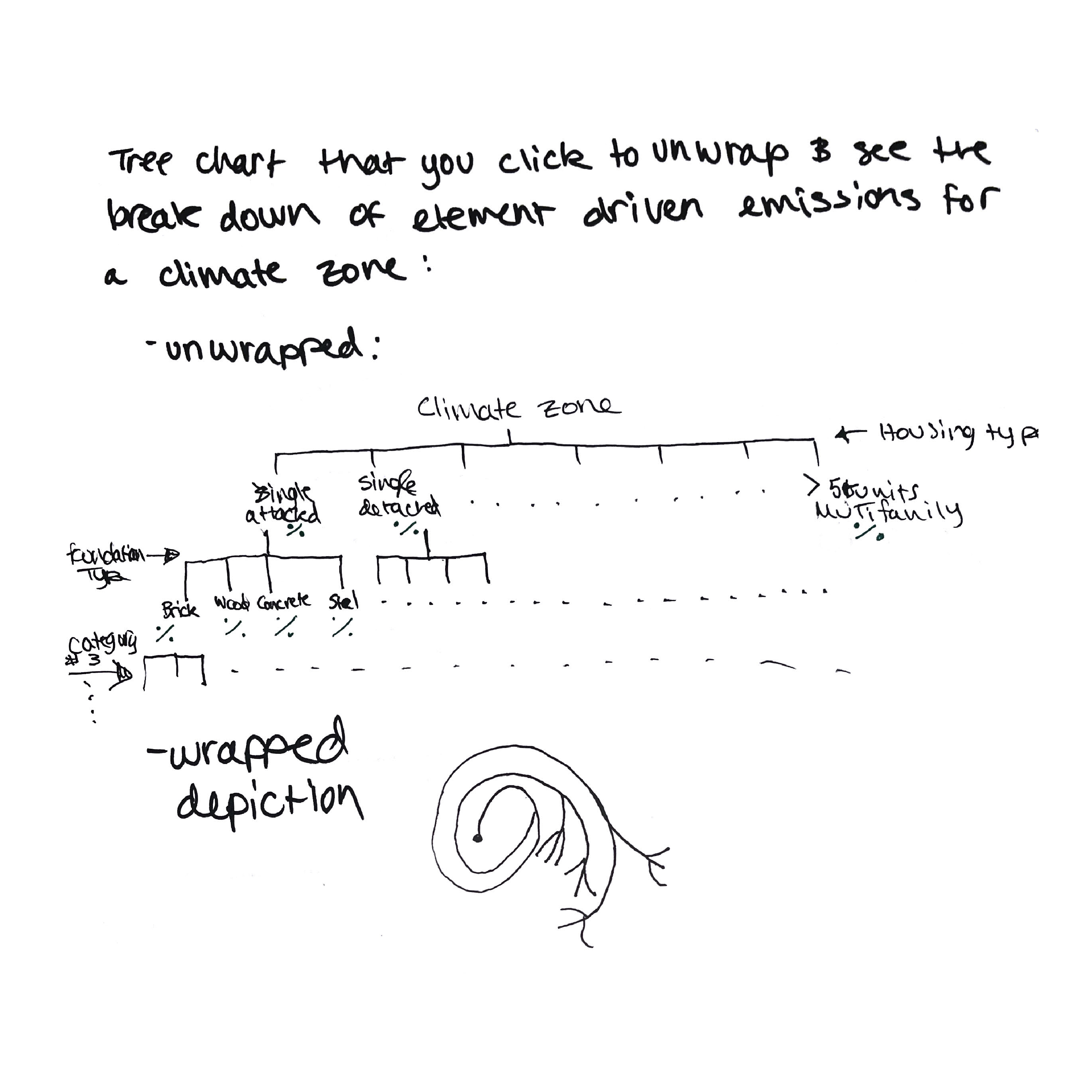





STEP THREE
Exploratory Data Analysis
Exploratory data analysis (EDA) involves delving deep into datasets, uncovering patterns, relationships, and insights to gain a comprehensive understanding of the data. It serves as a preliminary step in the data analysis process, providing valuable insights and guiding further investigation and decision-making.
STEP THREE
Exploratory Data Analysis
Exploratory data analysis (EDA) involves delving deep into datasets, uncovering patterns, relationships, and insights to gain a comprehensive understanding of the data. It serves as a preliminary step in the data analysis process, providing valuable insights and guiding further investigation and decision-making.
STEP THREE
Exploratory Data Analysis
Exploratory data analysis (EDA) involves delving deep into datasets, uncovering patterns, relationships, and insights to gain a comprehensive understanding of the data. It serves as a preliminary step in the data analysis process, providing valuable insights and guiding further investigation and decision-making.
Exploratory Data Analysis
Exploratory data analysis (EDA) involves delving deep into datasets, uncovering patterns, relationships, and insights to gain a comprehensive understanding of the data. It serves as a preliminary step in the data analysis process, providing valuable insights and guiding further investigation and decision-making.









STEP FOUR
Sketching Interface
We began sketching out the interface, translating ideas and concepts into tangible designs ensuring a harmonious blend of aesthetics and functionality for the website.
STEP FOUR
Sketching Interface
We began sketching out the interface, translating ideas and concepts into tangible designs ensuring a harmonious blend of aesthetics and functionality for the website.
Sketching Interface
We began sketching out the interface, translating ideas and concepts into tangible designs ensuring a harmonious blend of aesthetics and functionality for the website.





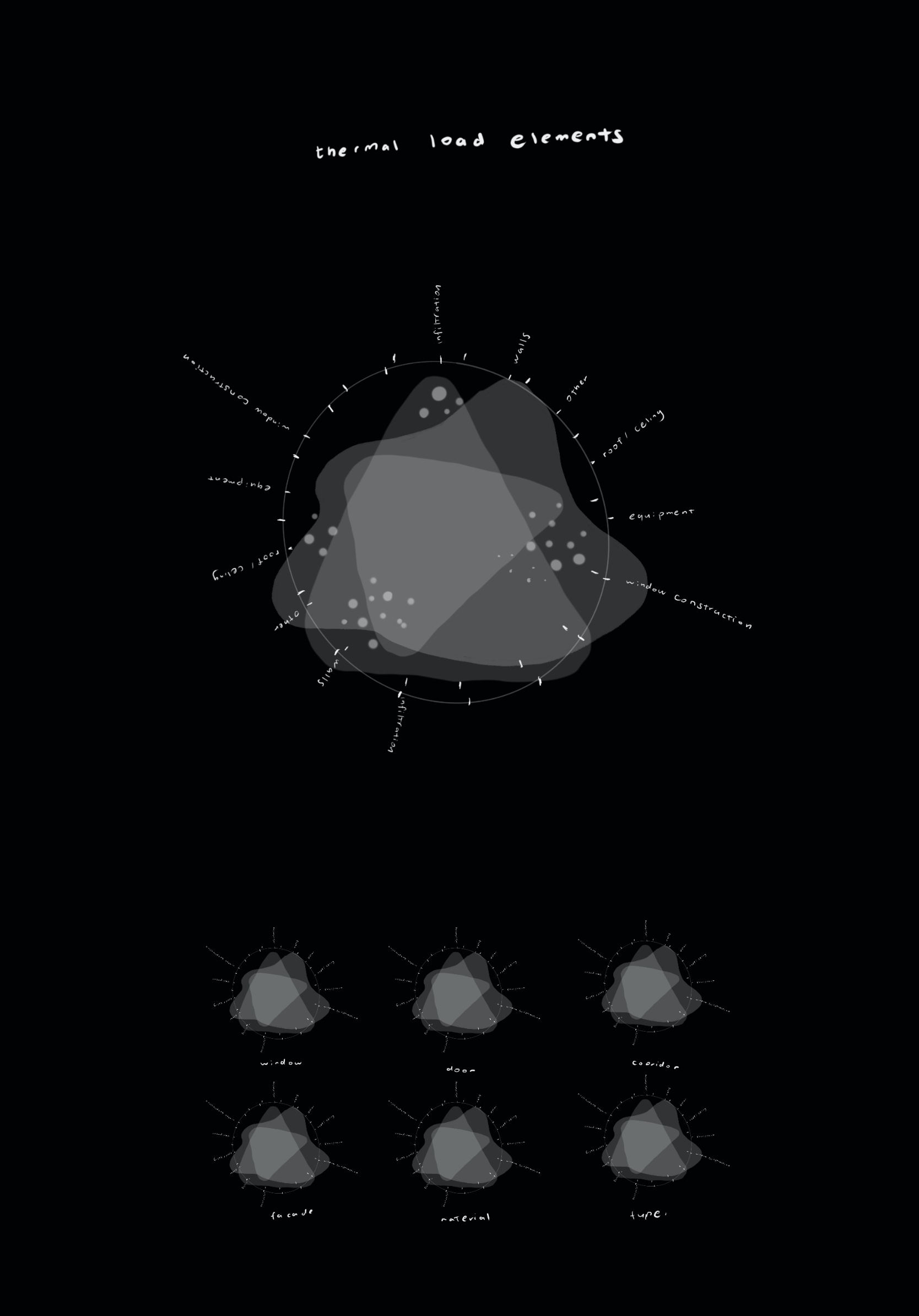
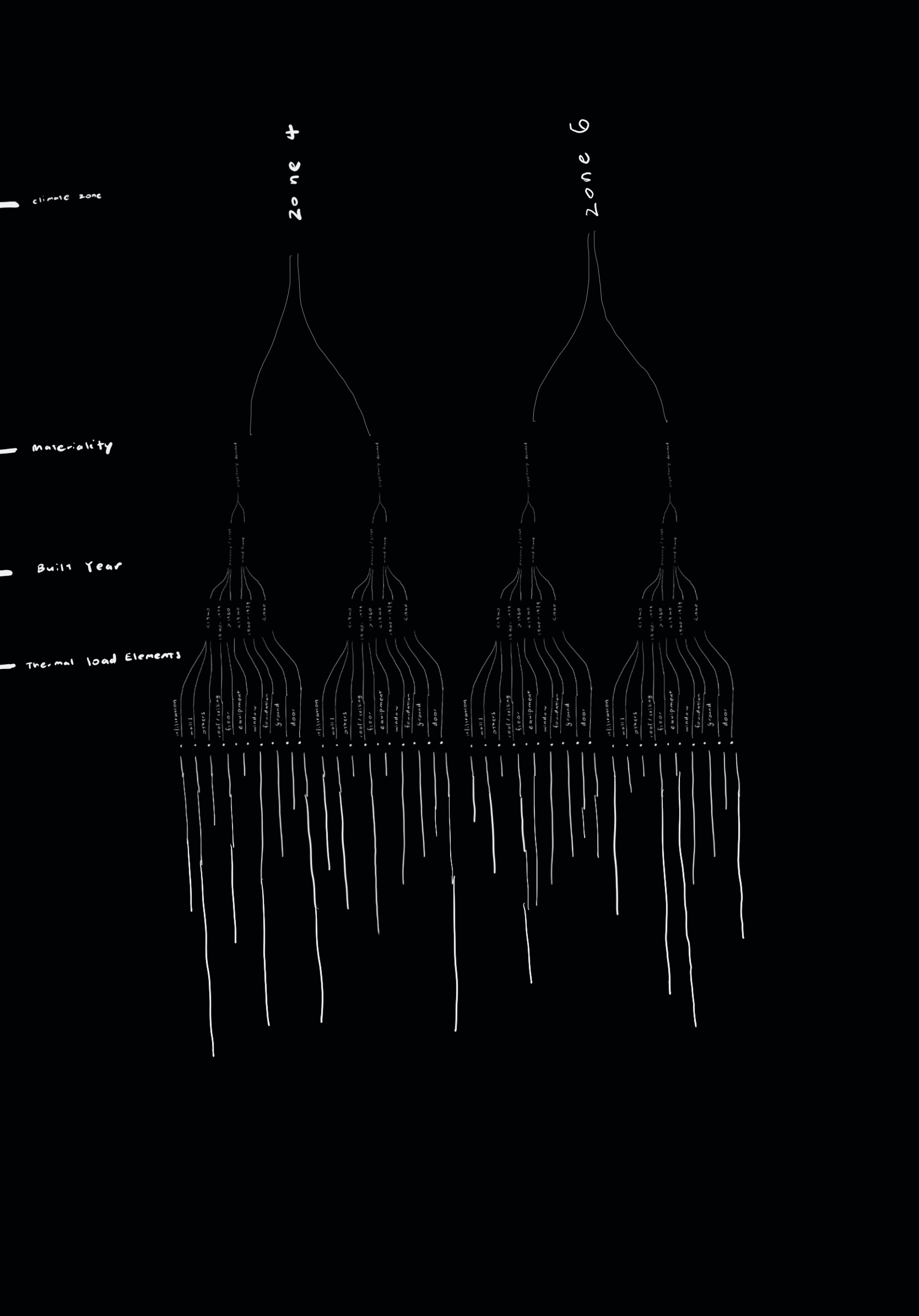

STEP FIVE
User Testing
User testing played a crucial role in refining the website's design and functionality. Participants engaged with the interface, providing invaluable feedback and insights that guided iterative improvements, ensuring an intuitive and user-friendly experience for all visitors.
STEP FIVE
User Testing
User testing played a crucial role in refining the website's design and functionality. Participants engaged with the interface, providing invaluable feedback and insights that guided iterative improvements, ensuring an intuitive and user-friendly experience for all visitors.
User Testing
User testing played a crucial role in refining the website's design and functionality. Participants engaged with the interface, providing invaluable feedback and insights that guided iterative improvements, ensuring an intuitive and user-friendly experience for all visitors.
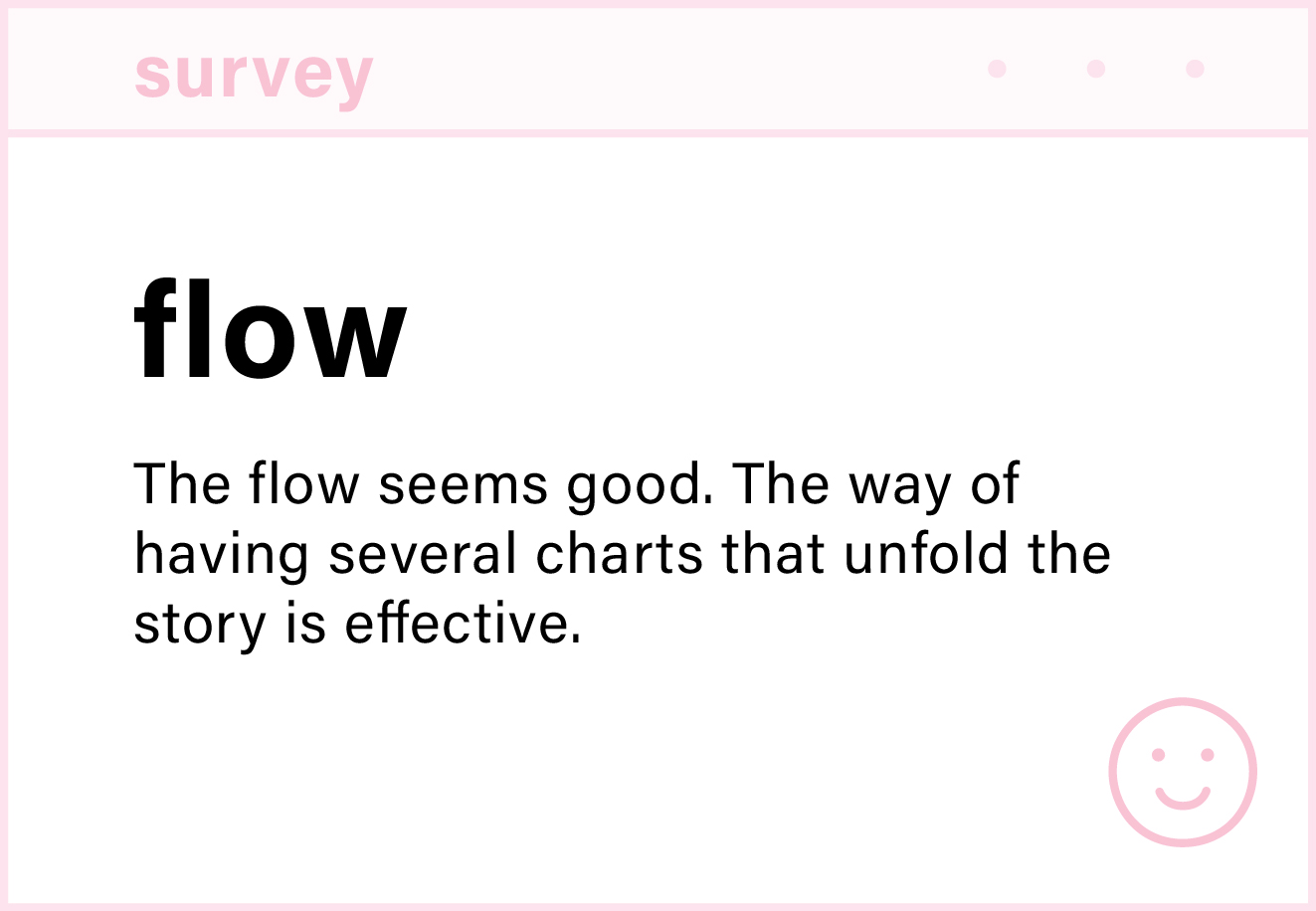
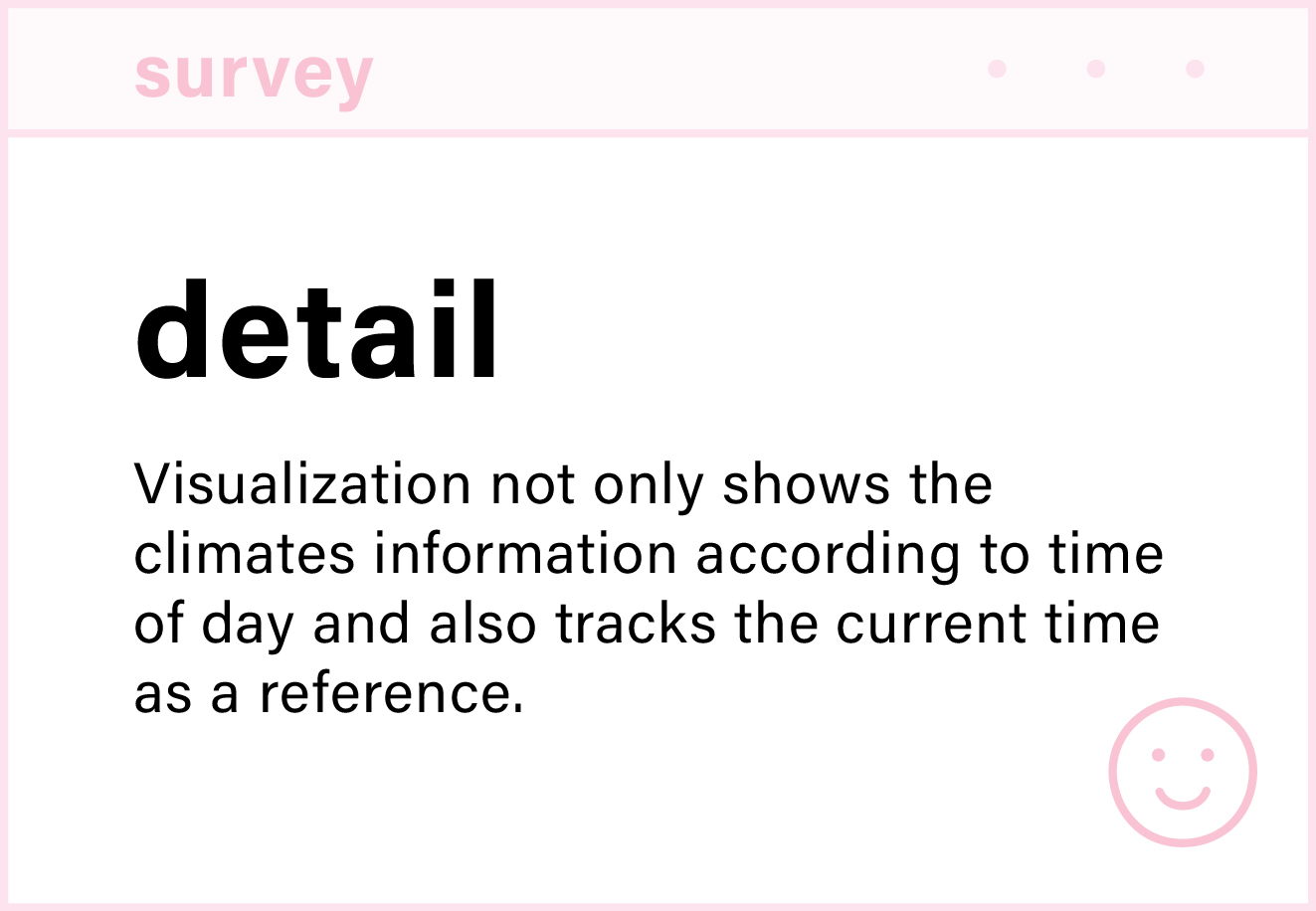
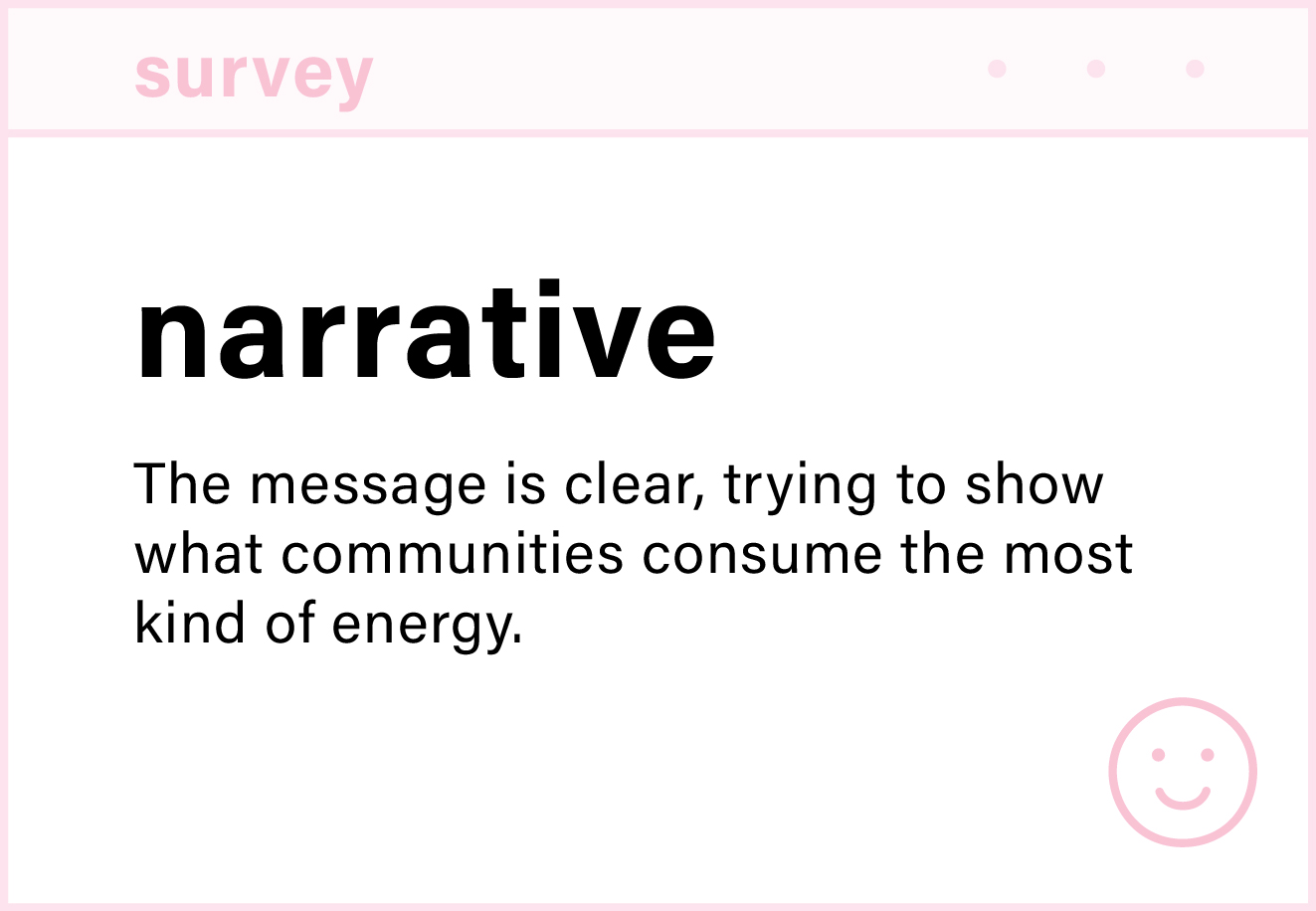
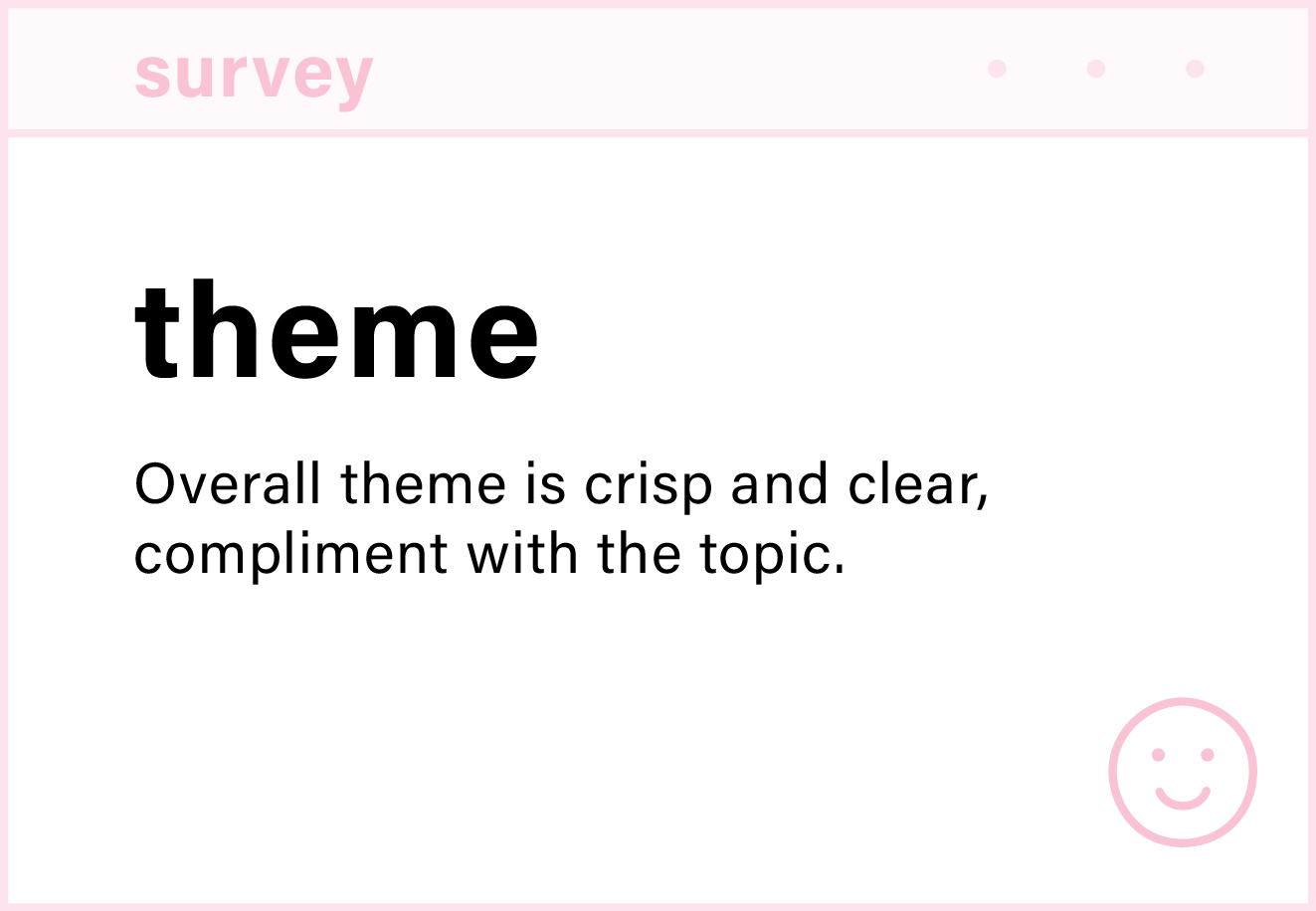
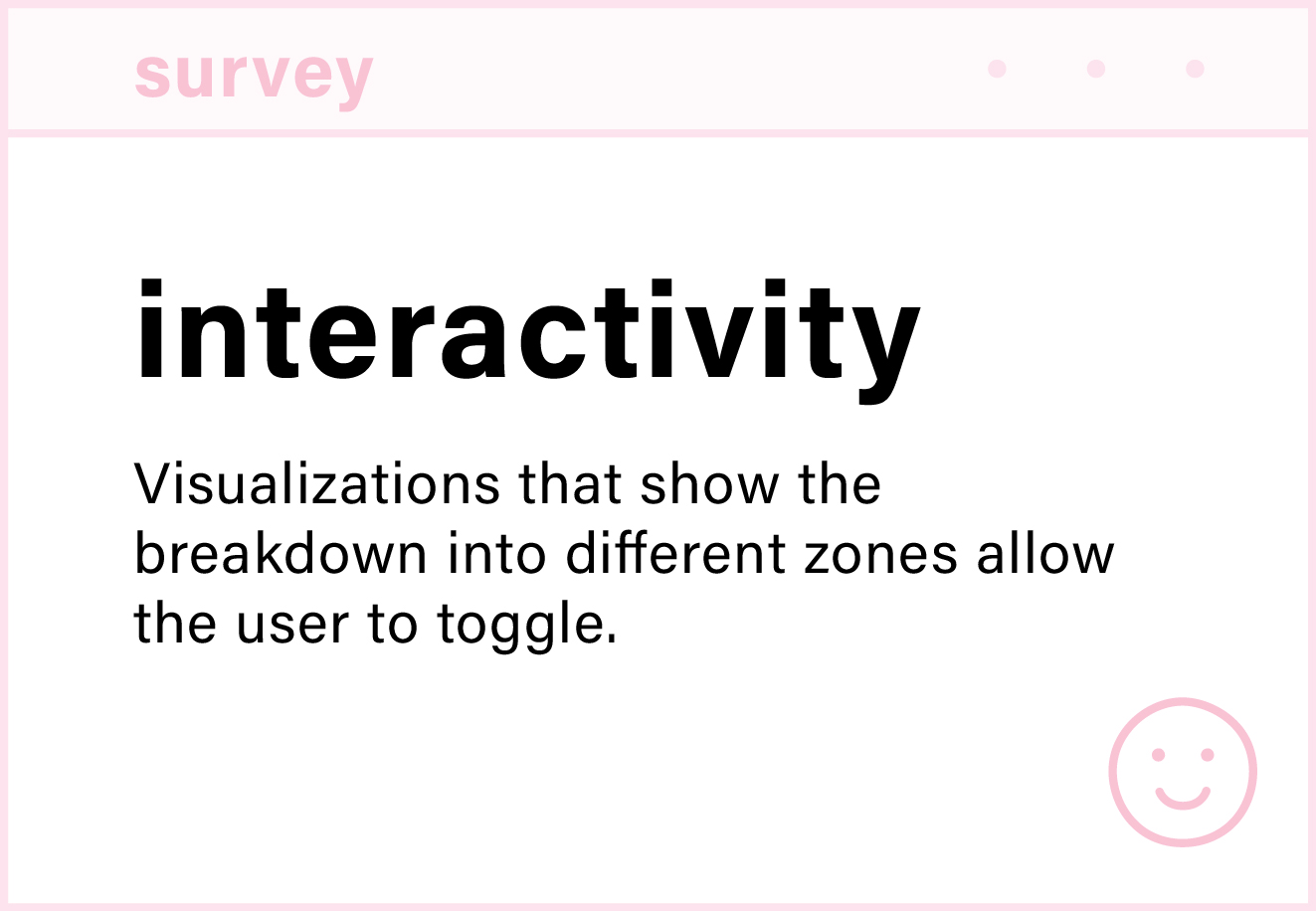
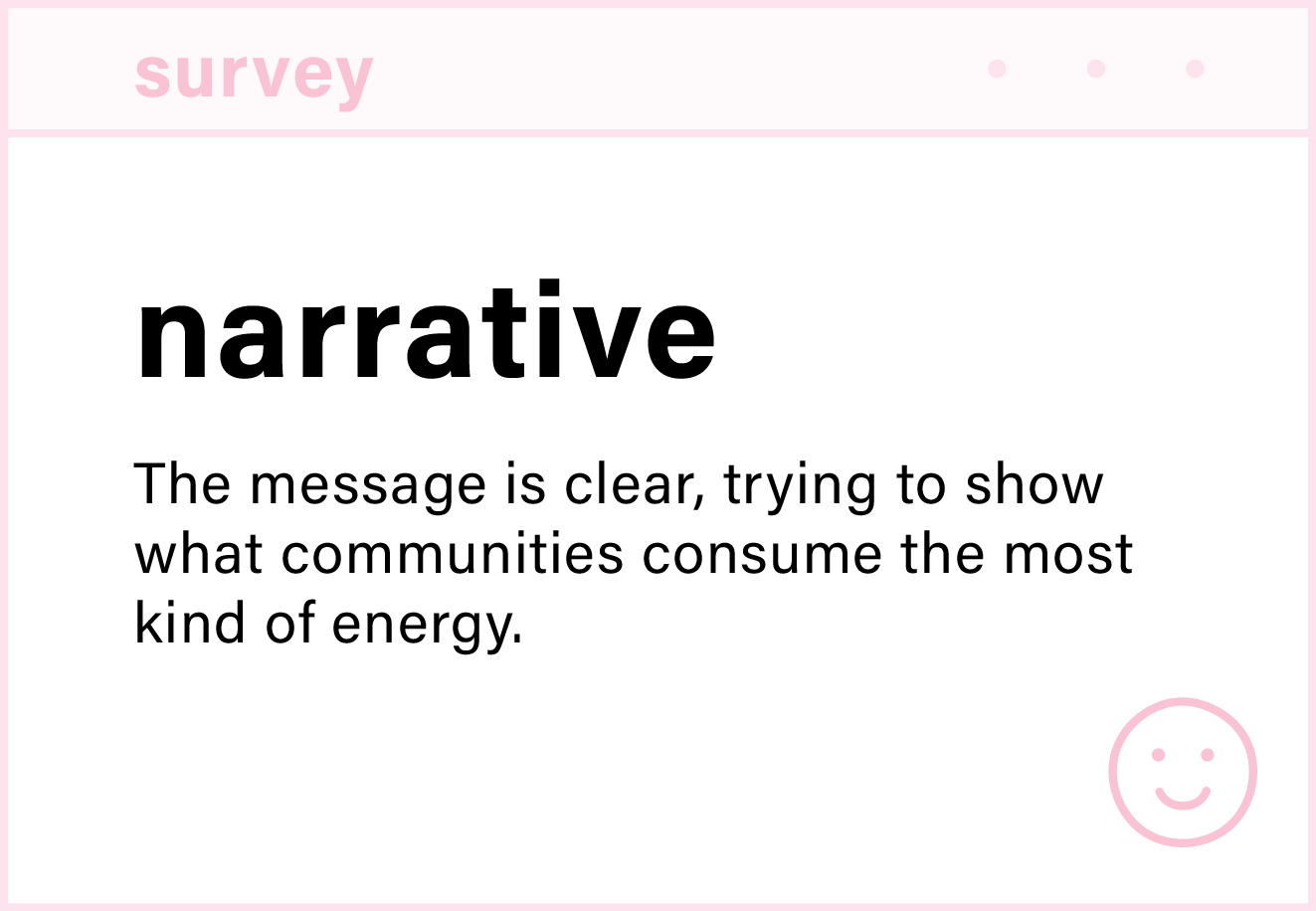
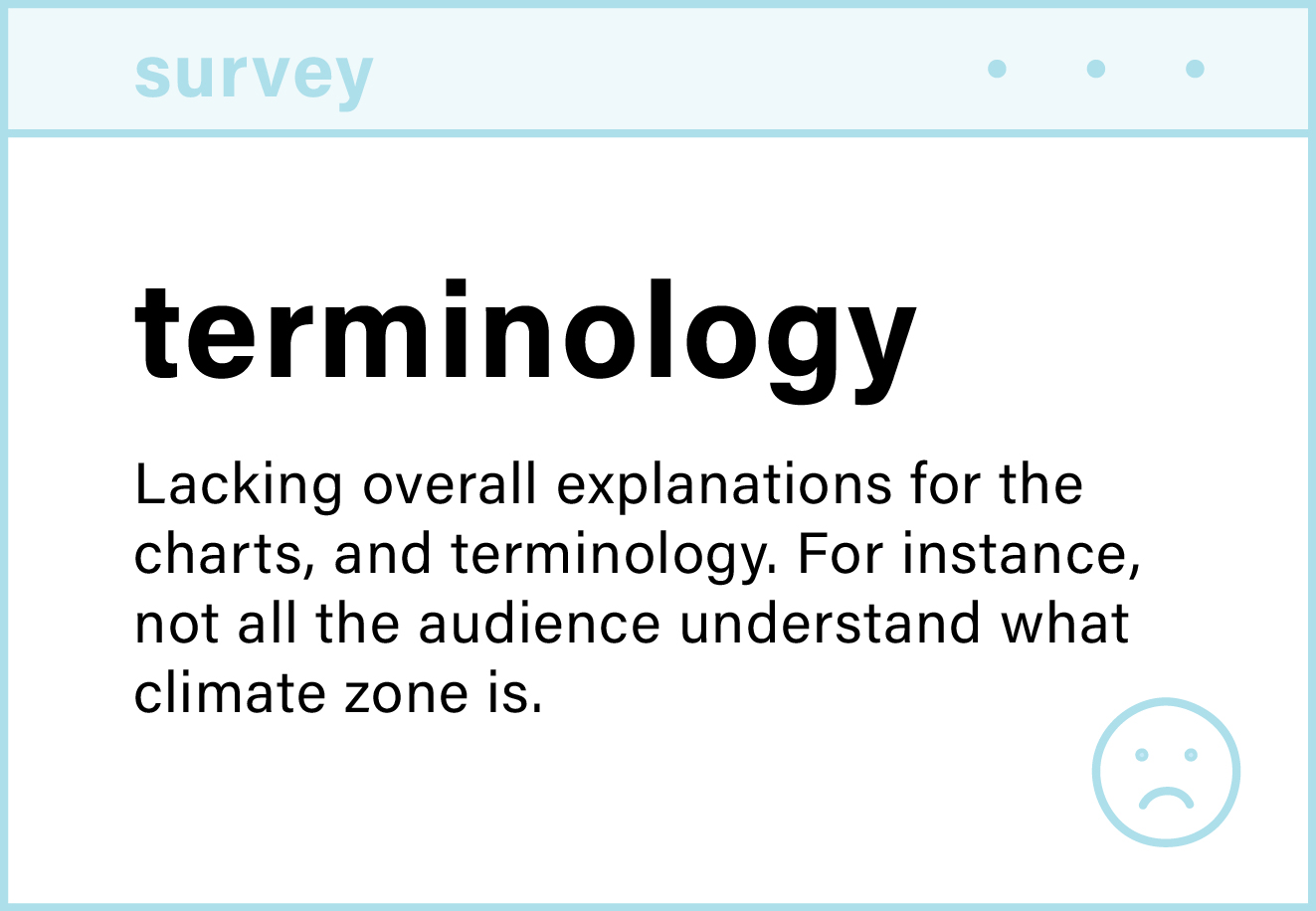
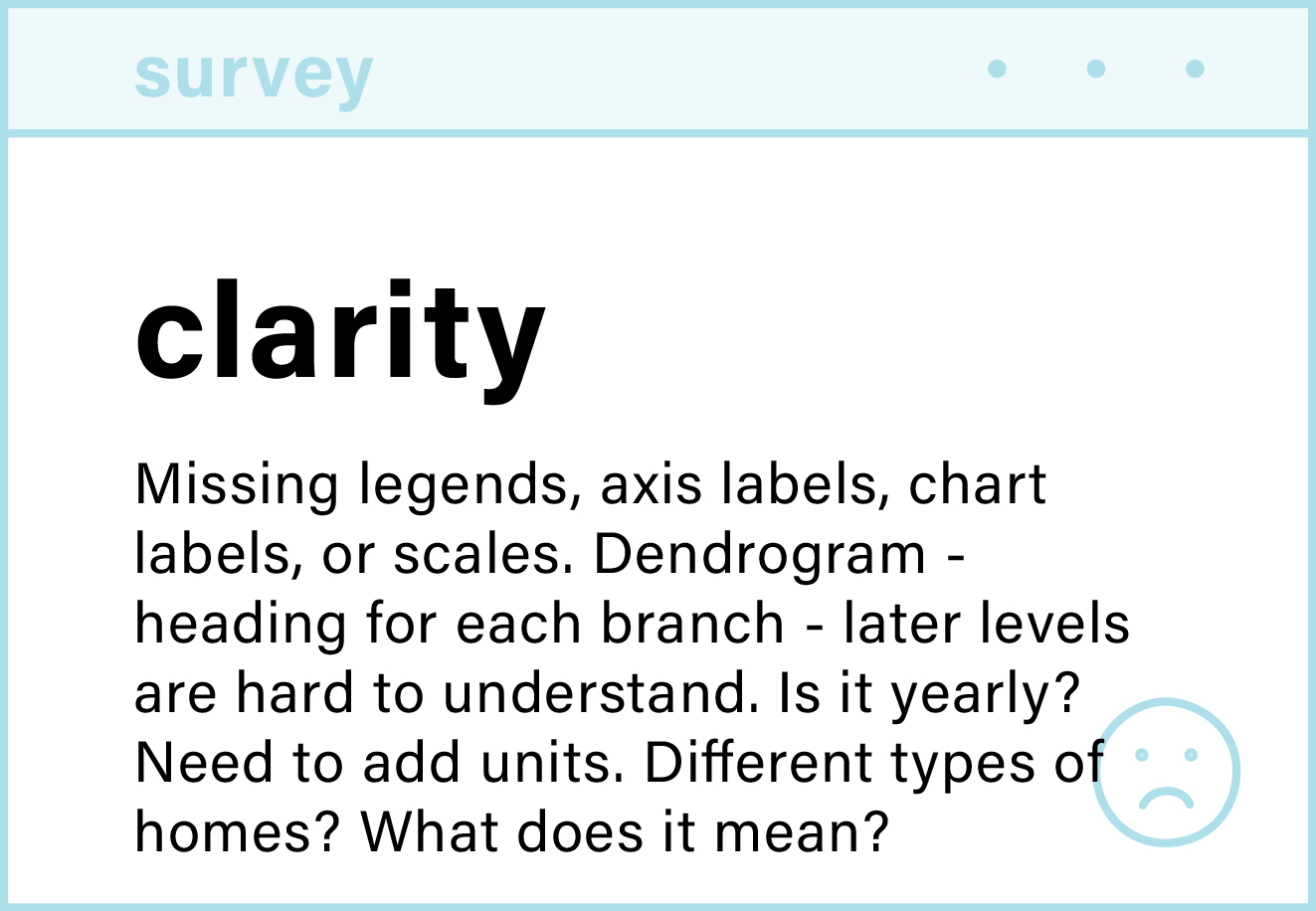

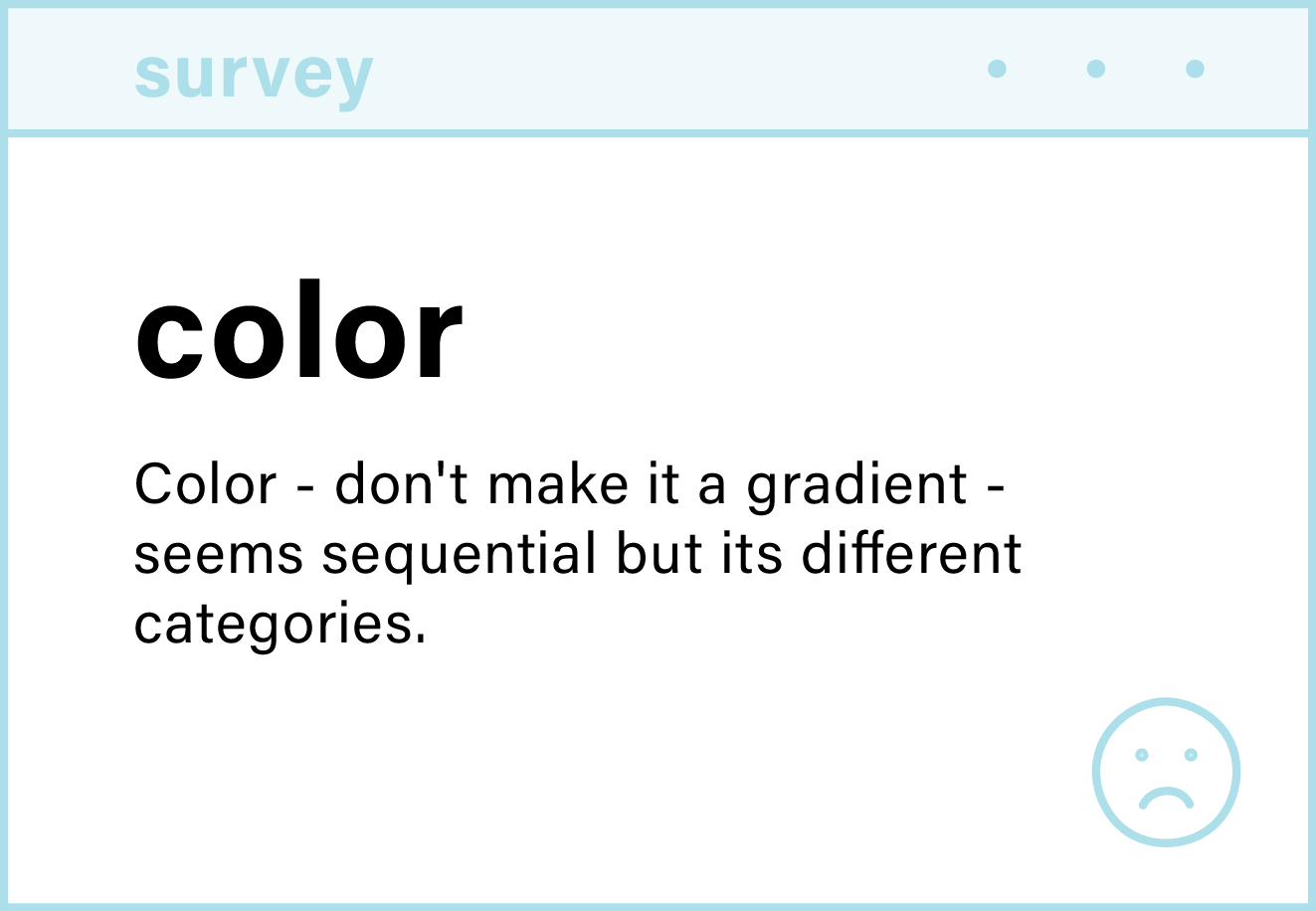
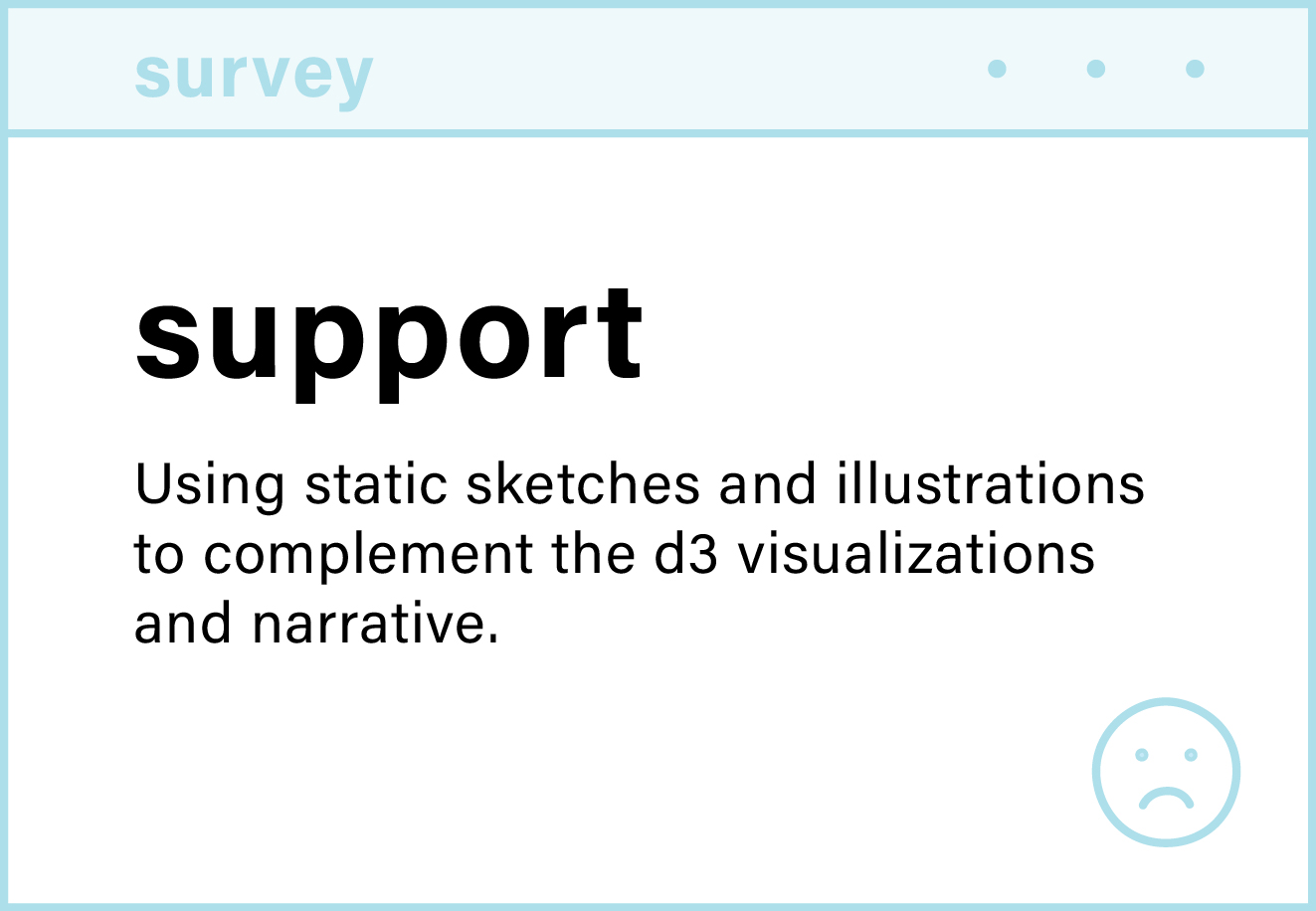
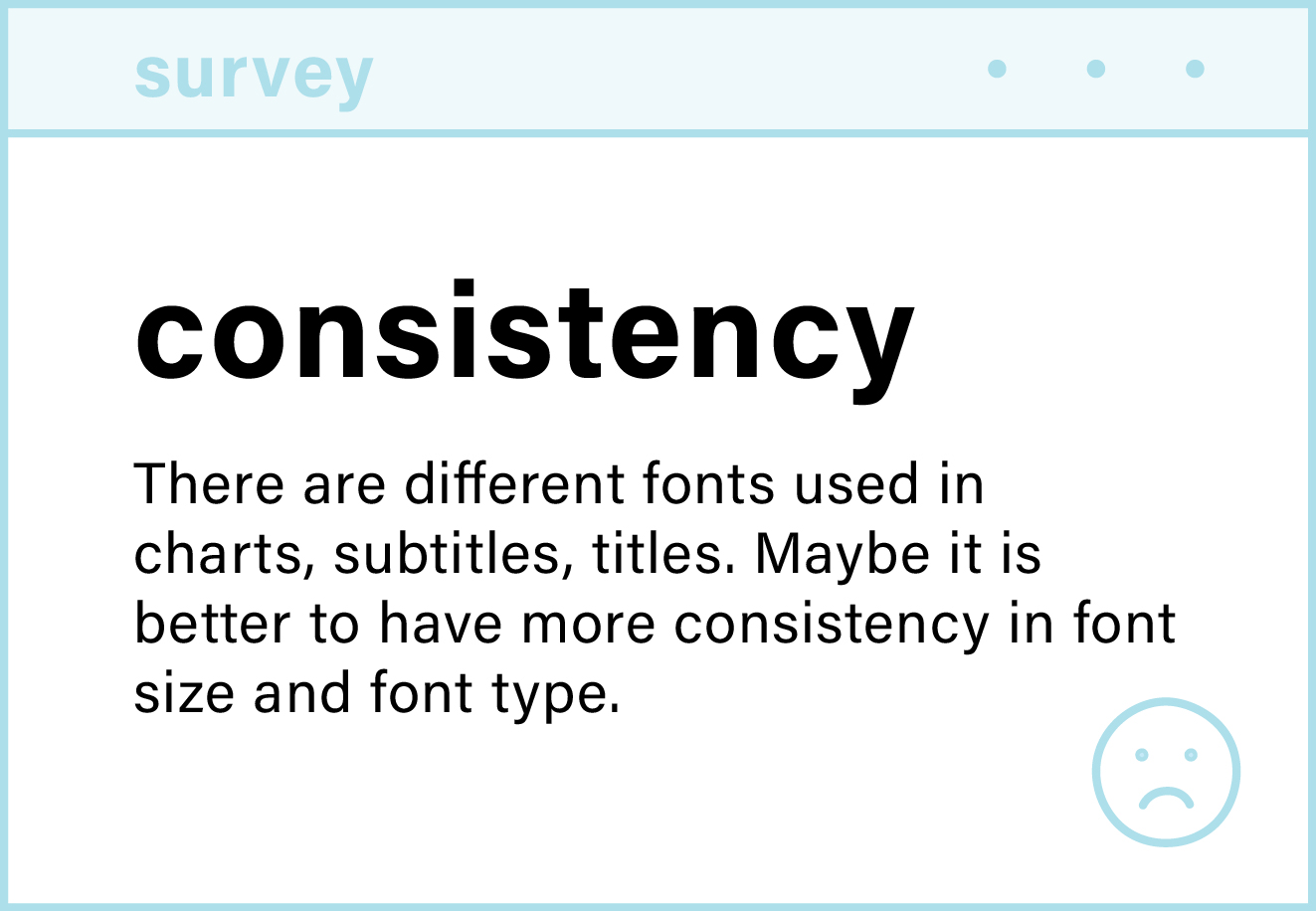

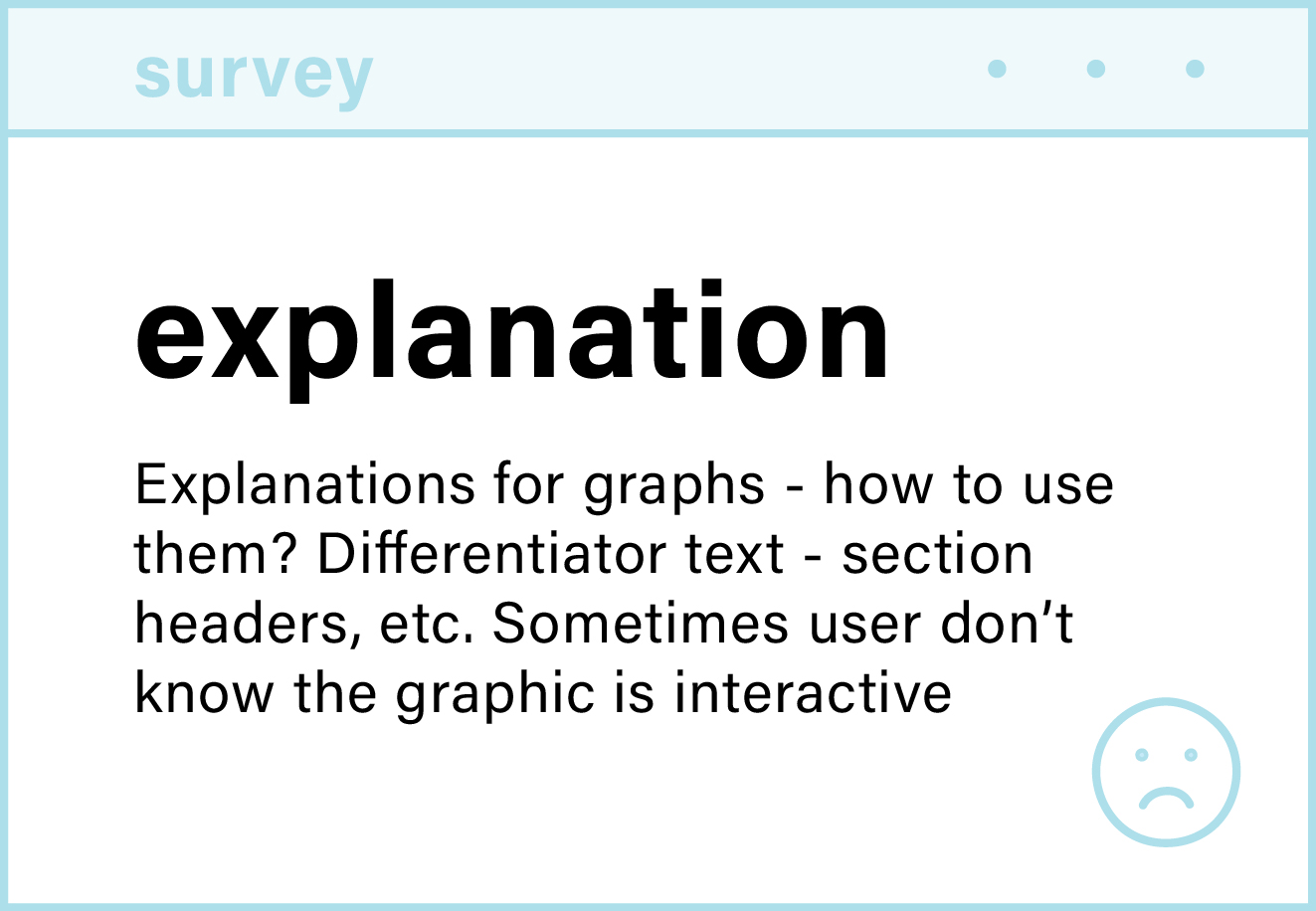

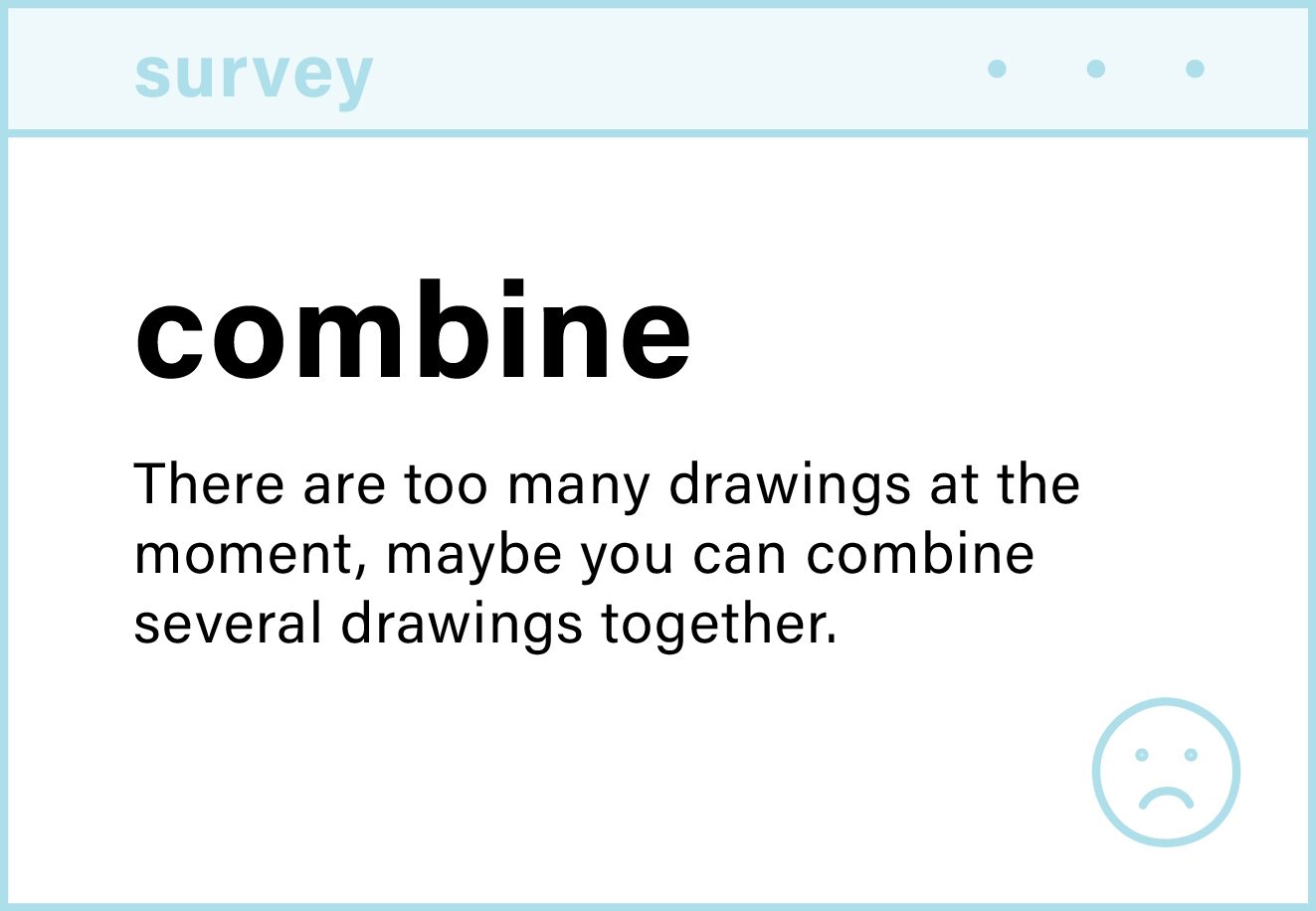
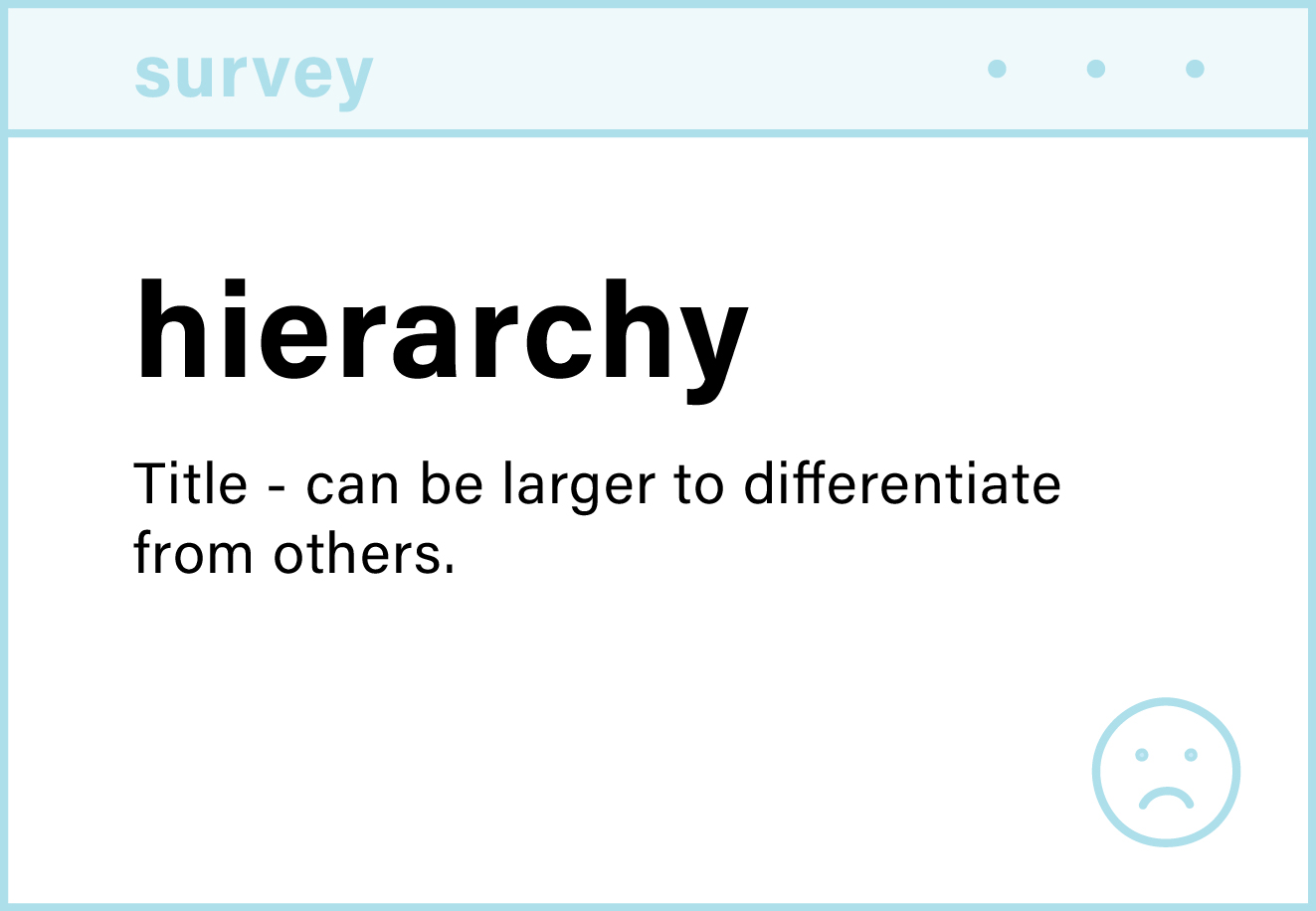
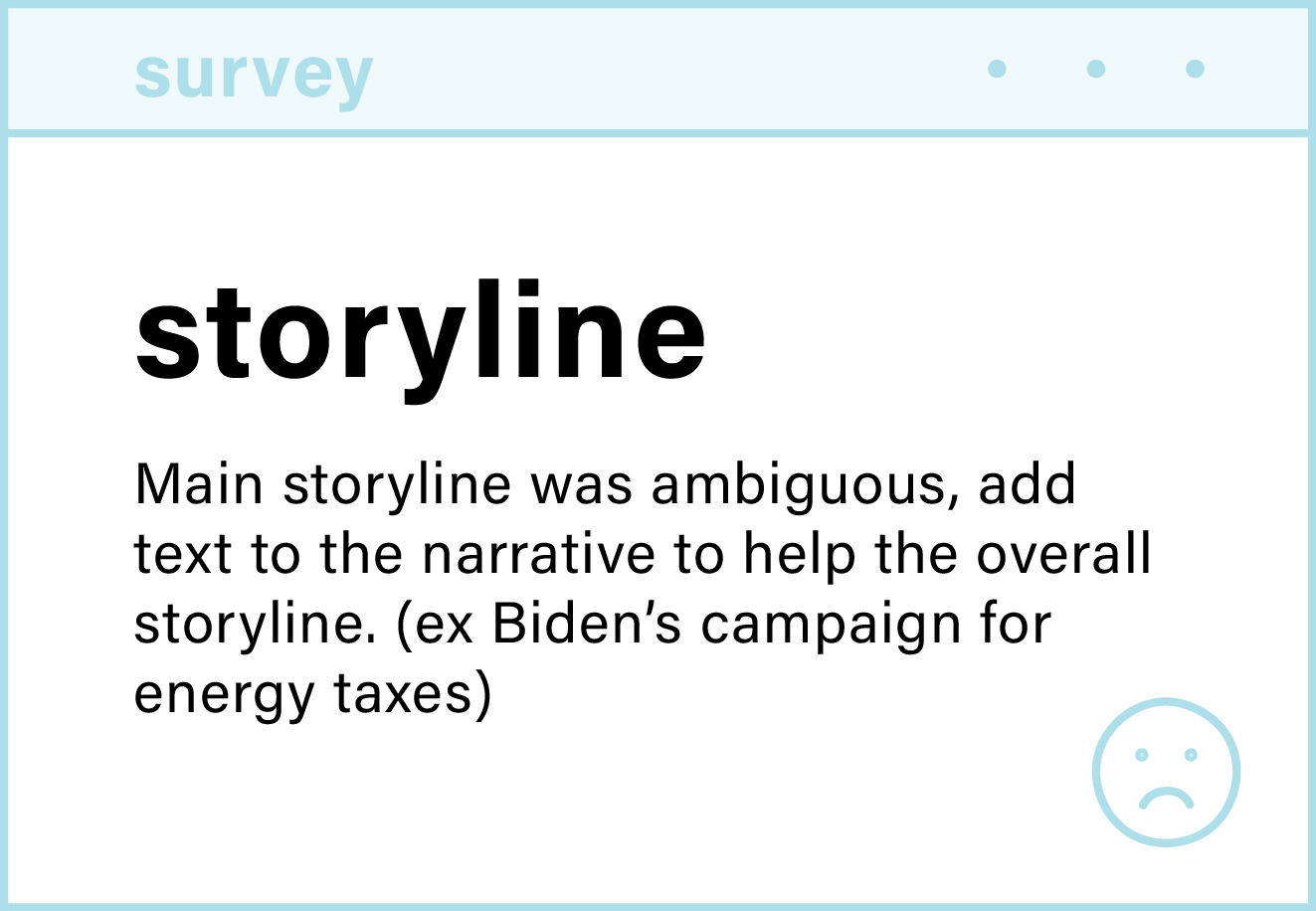
STEP SIX
Prototype
We developed a prototype that brought the website's vision to life, allowing stakeholders and users to interact with a functional representation of the final product. This prototype served as a valuable tool for gathering feedback, testing usability, and refining features before moving forward with full-scale development.
STEP SIX
We developed a prototype that brought the website's vision to life, allowing stakeholders and users to interact with a functional representation of the final product. This prototype served as a valuable tool for gathering feedback, testing usability, and refining features before moving forward with full-scale development.
Prototype
We developed a prototype that brought the website's vision to life, allowing stakeholders and users to interact with a functional representation of the final product. This prototype served as a valuable tool for gathering feedback, testing usability, and refining features before moving forward with full-scale development.




